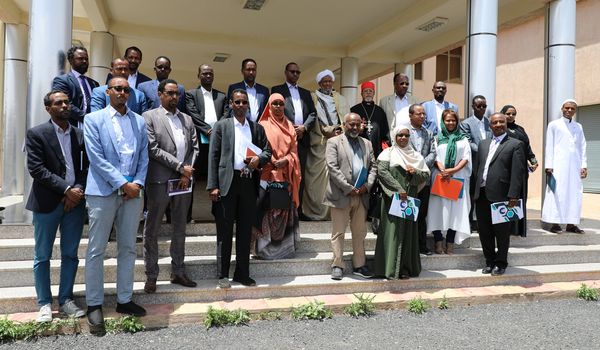Following the downfall of the feudal system in 1974, Ethiopia has experienced the most repressive regime under the leadership of the military junta called the ‘Dergue’ for more than a decade. The notorious, state-sponsored ‘red terror’ - a period of systematic repression by the government against any other political groups which were considered as enemies of the revolution - has claimed tens of thousands of lives and many became victims of enforced disappearance on the ground of political ideology. This repressive rule was overthrown in 1991 by the coalition of guerrilla fighters but only to be replaced by a brand-new authoritarian regime which is known for its massive violations of human rights and ruled the country with the iron fist for 27 years; hence the cycle of violence has continued.
However, much has been expected when in April 2018, as a response to mounting pressures from both within and without the country, the government decided to make fundamental reforms and liberalisation of the political atmosphere. Yet, to the dismay of many observers, no effective accountability mechanisms have been put in place.
The Ethiopian society is deeply divided more than ever due to institutionalised prejudices that resulted from ethnicity-based federalism, divergent historical narratives, and polarised political system. To add insult to already existing injury, impunity for the most serious crimes has become a norm and multiple opportunities to break with the past had been missed. Consequently, to heal the divided nation, ensure accountability and bring about reconciliation, Ethiopia should make use of transitional justice mechanisms.

